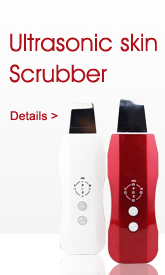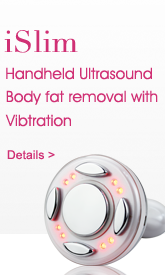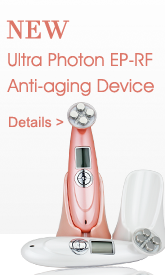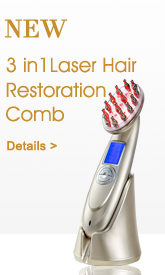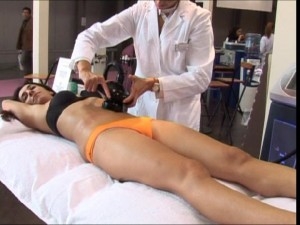USD; Free shipping* $500+
The gentle exfoliating powers of microdermabrasion make it a popular treatment tool for estheticians working with medical cosmetic customers.
The gentle exfoliating powers of microdermabrasion make it a popular treatment tool for estheticians working with medical cosmetic customers.
When microdermabrasion first came to the United States more than 20 years ago, there were several early adopters and a long line of skeptics. As with most new technologies, many questioned whether it was a passing fad or a valuable new tool worthy of its substantial price tag. More than two decades later, microdermabrasion devices have become a staple in esthetic and medical aesthetic treatment rooms, thanks to their proven ability to rejuvenate dull skin and stimulate collagen as well as their strong safety profile for all skin types.
The original microdermabrasion systems worked by blowing tiny aluminum oxide crystals across the skin and vacuuming away the debris. Today, crystal-based machines are joined by crystal-free systems with ablative handpieces, hydradermabrasion— which both exfoliates the skin and infuses it with serums—and ultrasonic systems that use cavitation to gently loosen debris and dead skin cells. Next-generation devices have been upgraded to include more ergonomic handpieces and a wider range in treatment settings, allowing practitioners to modify the intensity of treatment, while the equipment itself has become increasingly affordable.
General Skin Rejuvenation
Isabelle DiCostanzo, a licensed esthetician who works with plastic surgeon Rodger W. Pielet, MD, in Chicago, finds that the best customers for microdermabrasion are “people who are looking for a more even skin tone and a nice, rapid exfoliation without any flaking or peeling. [Microdermabrasion] helps clogged pores, revitalizes dull, dry skin, and it helps to regulate thicker, oily skin,” she says. “Texture and tone are improved, and that’s really what everyone is looking for—simple, glowing skin.”
DiCostanzo offers two devices—a crystal-free and a hydradermabrasion system. She notes that microdermabrasion, in general, is “suitable for everyone. It helps to correct most skin conditions. That being said, one treatment is not going to be the miracle customers are looking for,” she says. “You need several sessions and you need to treat the skin with every 30-day skin cycle. Within six to nine months, you should see some nice results with visible correction and more vibrant skin.”
According to Marc Edward Winer, owner of Marc Edward Skincare in West Hollywood, California, the hydradermabrasion systems—also known as hydrabrasion or “wet microdermabrasion”—offer a gentler exfoliation than dry systems, thanks to the addition of liquid serums, which are applied prior to exfoliating the skin with a diamond-tip handpiece. “The skin becomes wet, which is a little more soothing and comfortable, and people seem to have less redness afterward,” he says.
DiCostanzo finds that the hydradermabrasion systems help to plump the skin and—when used in conjunction with hydrating serums—offset some of the drying associated with traditional crystal-based devices. For customers seeking general skin rejuvenation, she often combines microdermabrasion with a post-treatment mask or mild lactic acid gel. “If you do a nice post-treatment mask or lactic acid gel, the skin just glows,” she says.
Winer views crystal machines as the most aggressive option for exfoliation. But with adjustable treatment parameters and the ability to perform multiple passes, each of the devices will allow you to obtain the desired results. “They are all designed to make the skin look better and they are safe for all skin types,” he says. “The aggressiveness of the treatment is based on how we use them. There is a way to make microdermabrasion safe for someone with rosacea, and there is a way to make it aggressive enough for someone who has thicker, rougher, oilier skin.”
For customers with sensitive skin, DiCostanzo chooses hydradermabrasion. “I’ve had the experience where I start the treatment and the skin doesn’t respond well,” she says. “It reddens too quickly. These customers are often smokers. My choice, then, is to do hydrabrasion, which still has a diamond tip for exfoliation, but I add the serum first and then run the tip over the wet skin.” “If someone has super-sensitive skin or rosacea, ultrasonic is the gentlest option,” says Winer. “But you can also use the wet microderm with a hyaluronic acid serum. You would use the vacuum on a low setting and only make one or two passes vs. four or five.”

